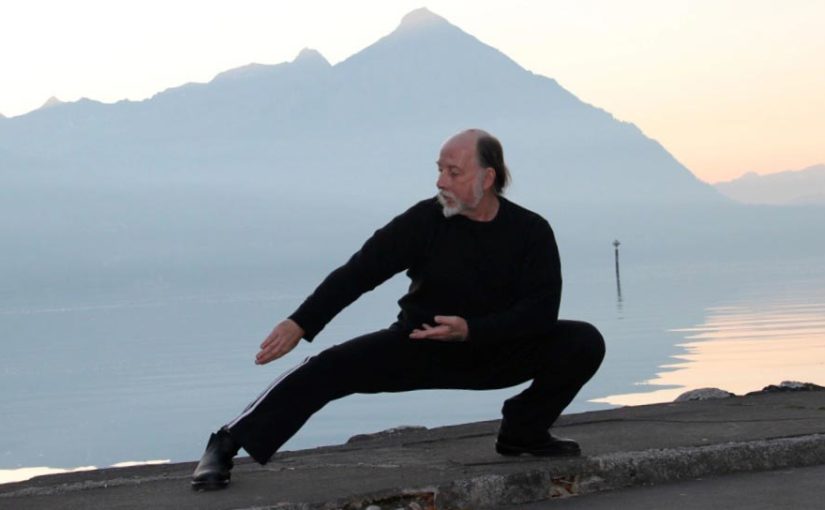Jan 5, 2022Asian Mindfulness Practice, Wu-Wei, Shown to Boost Athletic Performance
When athletes experience the state of flow or are in the ‘zone’ they sometimes describe the feeling as one of effortlessness. Although their exertions may feel effortless, what their bodies achieve in terms of performance can be extraordinary.
In recent years, an increasing number of sport psychologists recommend that athletes practice mindfulness as part of their mental preparation for competing. Mindfulness aims to develop a non-judgemental awareness of the present moment and can not only improve focus but also promote that elusive state of flow.
 In a conceptual review published in the Asian Journal of Sport and Exercise Psychology, a group of researchers asserts that the ancient Chinese wisdom of wu-wei, which can be understood as non-doing or non-striving, is a natural extension of mindfulness training for athletes.
In a conceptual review published in the Asian Journal of Sport and Exercise Psychology, a group of researchers asserts that the ancient Chinese wisdom of wu-wei, which can be understood as non-doing or non-striving, is a natural extension of mindfulness training for athletes.
The lead author of the review, Ying Hwa Kee, an associate professor in the National Institute of Education at Singapore’s Nanyang Technological University, explains that “there have been discussions about the similarity between wu-wei and flow in the literature. With the increased adoption of mindfulness in sport psychology, we would like to convince colleagues in the field to consider the wu-wei alternative.”
» ALSO SEE: Study — No Ties to Youth Football and Brain/Behavioral Issues
As well as highlighting the links between wu-wei and mindfulness, the review also considers wu-wei in the context of non-striving, flow, nonduality, Zen, Mushin, motivation, goals, and implicit learning. It highlights previous works that describe the benefits of adopting such an approach in Japanese swordsmanship and archery.
Kee adds that “improving athletes’ performance is only one aspect we look at. Participants in elite sports who couldn’t train during the pandemic have reportedly claimed that while winning and being at the top is great, they now realize it is ‘just a moment in the sun’. This suggests that the pandemic may be changing how athletes view striving, competition and vulnerabilities. Further understanding of wu-wei and non-striving could well add new dimensions to the way that ‘success’ in sport is perceived. For that to happen, we need more discussions on this topic, which we hope this review will help to promote.”


